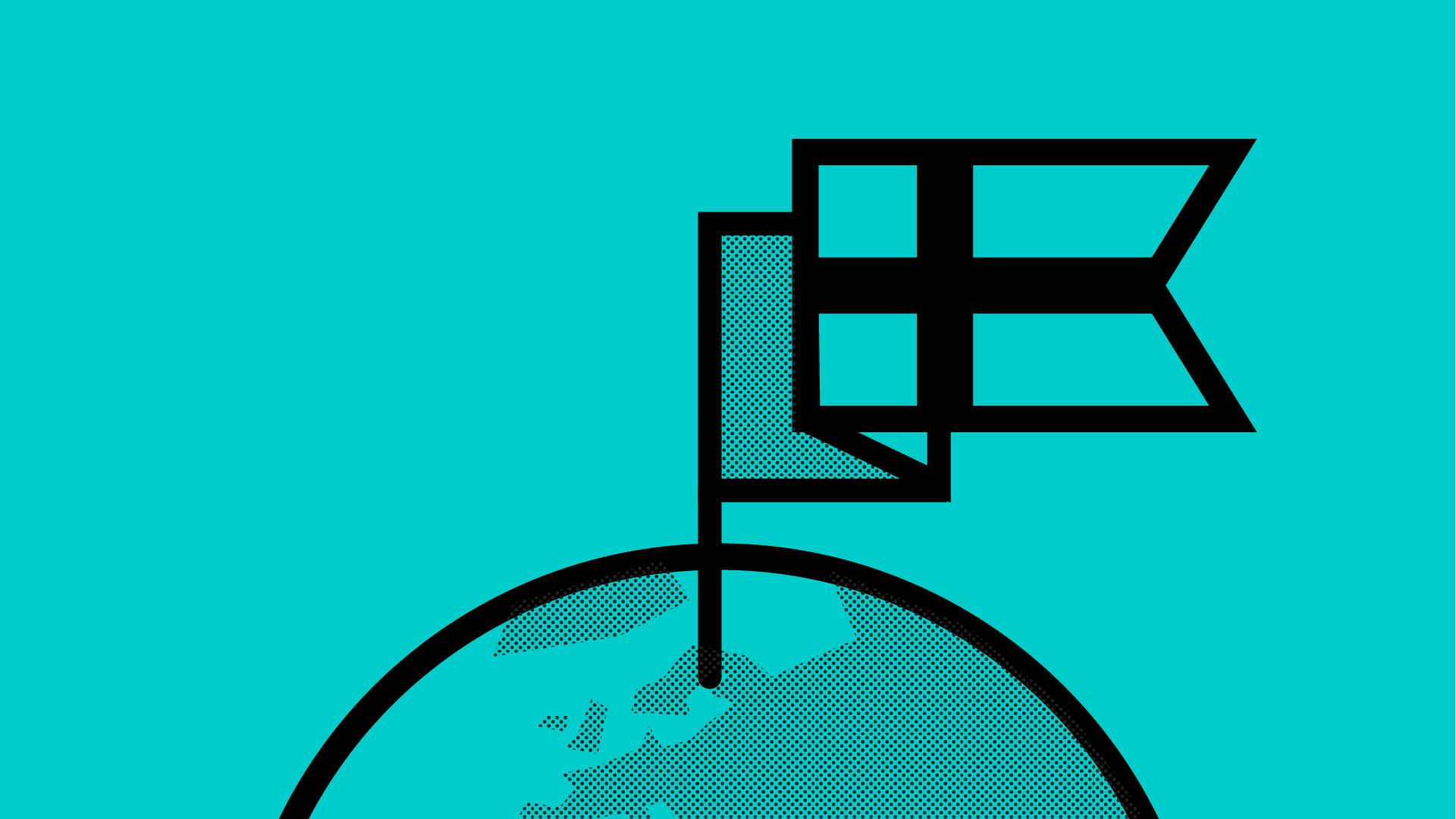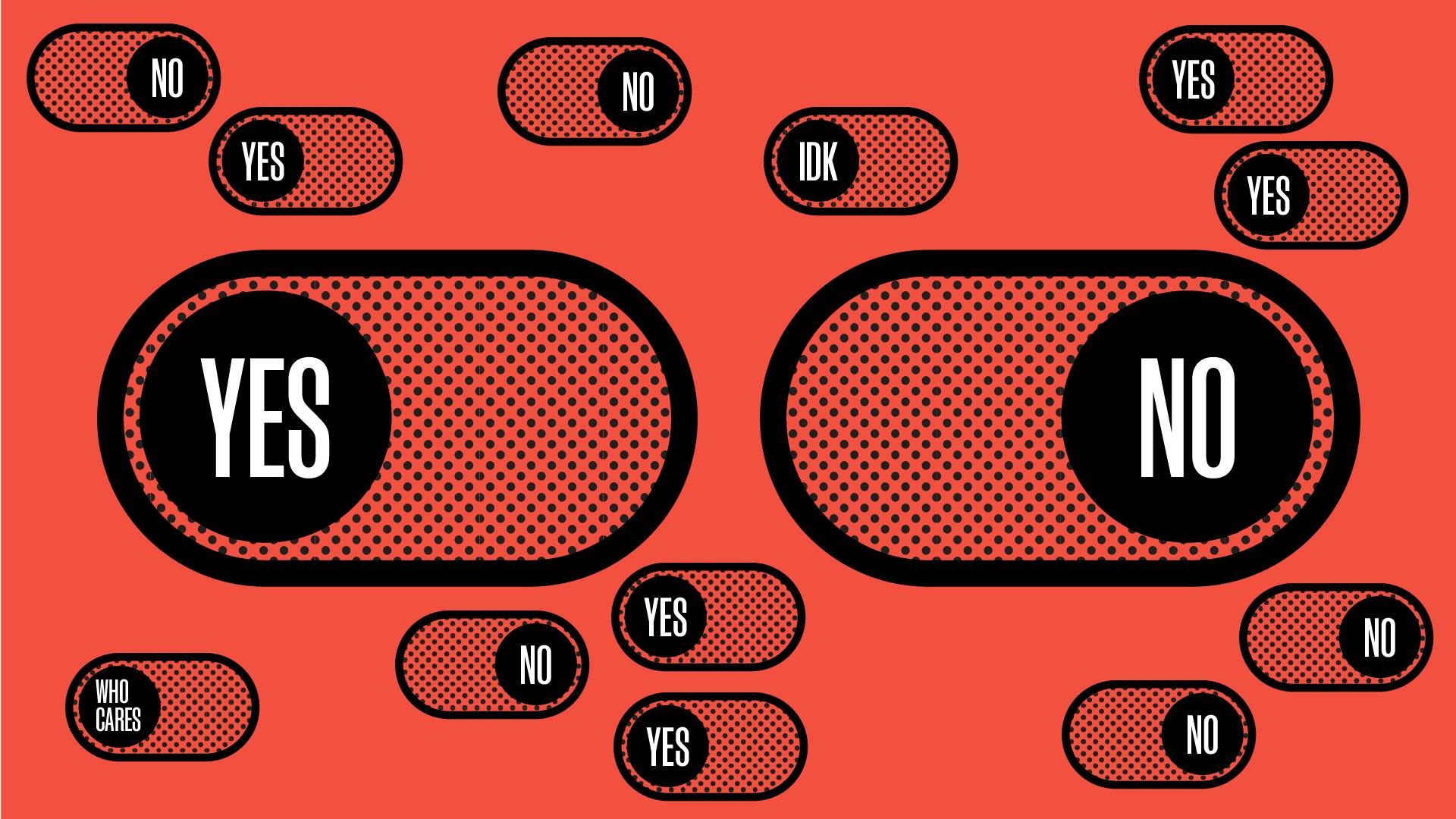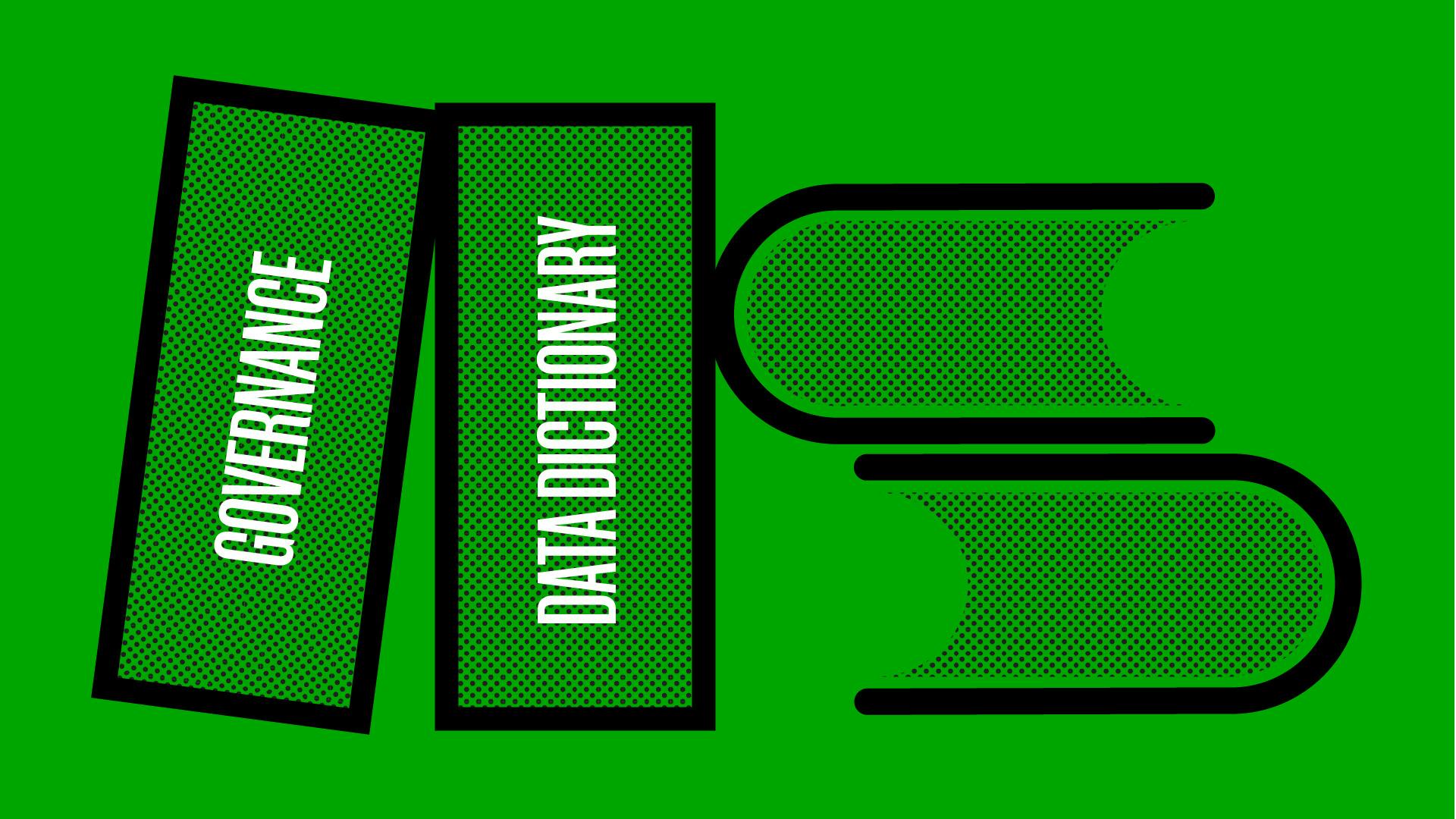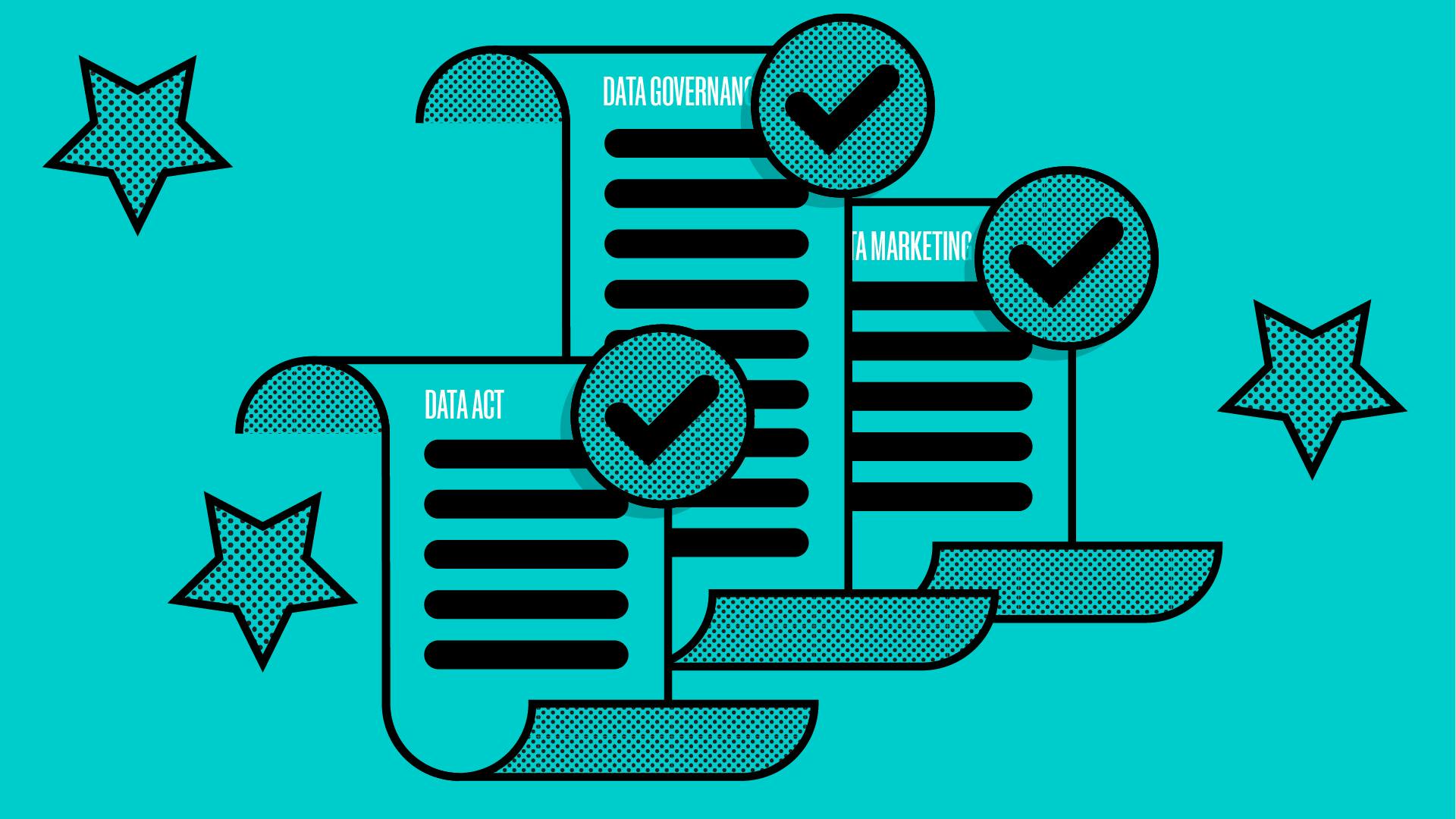Blog
View from Helsinki: MyData Global is a hotspot for data unions
By Gilbert Hill
12.07.2022

If you’re searching for the forefront of innovation in data, and data sharing, there are few places more informative than Helsinki and the annual gathering of the MyData Global community. Last month, this unique meeting of data experts and entrepreneurs addressed the new challenges and opportunities around EU data regulation, and how novel institutions called data intermediaries (also known as data unions or data co-operatives) would start to fit into that new legal framework.
The need for data innovation has never been more pressing. As Julia Angwin stated in the opening keynote: ‘When we talk about privacy, we talk about power.’ Currently, that power is centred elsewhere: of the top 20 tech giants, none is based in Europe.
The EU has zeroed in on data, and who controls it, as the single best way Europe can regain its competitive edge and forge an alternative path to ‘surveillance capitalism’. This starts with a ‘tsunami’ of regulation that’ll move beyond GDPR and towards a legal framework where people have more agency and data can approach its fair value.
The challenge of building data interoperability is an area where MyData has long demonstrated thought leadership, and the conference offered workshops and case studies in healthcare, transport and clickstream data where individuals were able to share information like never before.

But as existing privacy-centric tech such as cookie banners have shown, getting people to engage in managing their data is incredibly difficult, especially as so much of Web2 focuses on convenience, dopamine hits and people playing the role of isolated ‘users’. How does this get solved?
This is where data intermediaries come into play. They are a new type of stakeholder who can ethically reconcile the rights and interests of individuals with the needs of businesses and organisations to access its insights. As Jack Hardinges, from the ODI put it: ‘There are situations where individuals want to delegate choices around their data to a collective, while retaining ownership.’

Based on the predictions voiced by the experts in Helsinki, the first laws under the new regime that will work in concert to support this data intermediary vision are the Data Governance Act, which directly covers data intermediaries, and the Data Act, which focuses on IoT devices.
Still relatively unregulated, IoT has become the source of much data hoarding by providers. The Data Act is particularly radical in that respect as its provisions ensure mandatory B2B data sharing rights. Currently, you don’t have to explicitly state the uses for data generated by an IoT device. With the Data Act there needs to be agreements and disclosure detailing the relationship between the parties. And although there are almost no specific references to ‘data intermediaries’ in the Data Act, this is where they are expected to act as novel, neutral brokers. The act outlines sectors where it may be mandatory for an intermediary to be used, such as healthcare, transport and wearables.
In effect the Data Act is a sandbox for the overall vision of data sharing. Data entrepreneurs can start with IoT data and then expand into other, more established areas of the digital economy, even though there are still a lot of unknowns. As Dr Zohar Efroni, of the Weizenbaum Institute for the Networked Society, explained in his legal deep dive: ‘The train on data is moving forward with Europe as the engine, but there is a lot of uncertainty still.’
Finally, there is the EU’s new Digital Markets Act, which ensures 450 million citizens in the EU will be able to port their data in real time from the major Silicon Valley companies (or ‘gatekeepers’). In mandating silo-busting open APIs, and putting new responsibilities on the huge (US) platforms, the EU is giving data intermediaries a huge opportunity to go beyond theory and sandboxing, and right into commercial practice.

Having data liberated from current silos, and created human-centric structures for its handling, what was clear from the conference was that infrastructure, standards and best practices are also key ingredients to guarantee success. Governance protocols and standardised data dictionaries will be a necessary bedrock for a new, vibrant data economy. This is where MyData Global (MDG) and similar organisations will play a big role.
An international non-profit organisation, MDG has close connections to EU policymakers. Its mission on data interoperability and personal self-determination has sometimes placed MDG at odds with the data industry. But this is changing. With its programme to accredit ‘data operators’, MDG is positioning itself to be the owner of the European ‘gold standard’ for data intermediaries.

From an original white paper on intermediaries in 2016, the MyData Operator programme has now grown to more than 40 members, who are awarded this status based on their commitment to the principles of open standards, fairness and transparency. Pool successfully completed the process to become a MyData Operator earlier this year, and the challenges this presented to work both efficiently and ethically with data, moving beyond compliance to real accountability, greatly helped our catalyst programme, where we help early-stage data unions build their own communities, products and business models.
From the profile of attendees at the MyData event, there is much government interest around the world in how MDG, its operators and tech partners will bring rigour and practical know-how to the next 20 years of the web. Data and data unions are a trillion-dollar opportunity and events like this one are vital to export the ideas shared in Helsinki to a wider audience.
Sign up to our email newsletter to keep up with future news and details of Pool events